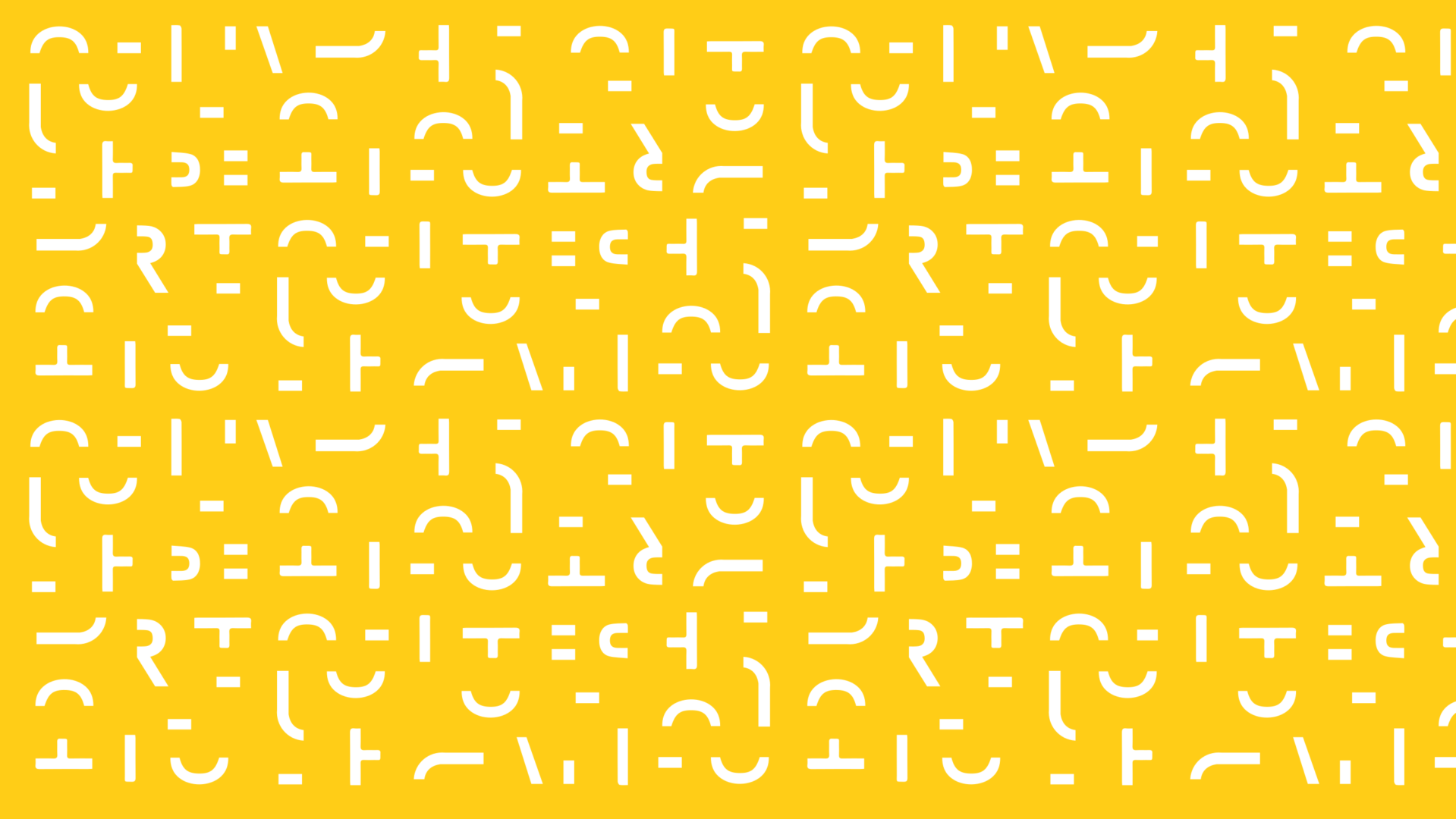Marcelle-Dominique Raveloarinanja (SiMIRALENTA), avec l’appui de Claudy Vouhé (L’être égale) Du 21 au 24 juin 2023, des représentant·es de la Côte d’Ivoire, du Sénégal, de la Tanzanie et de Madagascar, se sont retrouvé·es à Antananarivo dans le cadre du projet Overdue Just Sanitation, pour une visite organisée par l’association malgache Similarenta/Genre en Action. Les équipes…
Is Antananarivo closing the just sanitation loop?
By Tim Ndezi (CCI, Tanzania) and Claudy Vouhé (L’être égale, France) OVERDUE partners from Tanzania, Ivory Coast and Senegal took part in a Knowledge Exchange visit in Antananarivo, the capital city of Madagascar, from 18-23 June 2023, brilliantly organised by the project’s local partners: Simiralenta and Genre en Action. In this blog post, we delve…
It’s time we unveil the hidden everyday experiences
by Amanda Hoang This blog was written as part of the Learning Alliance between the OVERDUE project and the DPU’s MSc in Environment and Sustainable Development. Amanda is a recent graduate of this MSc programme (2021/22), and her reflections on gendered sanitation infrastructures were produced in a module that tackles issues of environment and sustainable…
The invisible burden of care work: women as producers of sanitation infrastructures
by Namita Kyathsandra Narasimha Cover image: Focus Development Association – Madagascar This blog was written as part of the Learning Alliance between the OVERDUE project and the DPU’s MSc in Environment and Sustainable Development. Namita is a recent graduate of this MSc programme (2021/22), and her reflections on gendered sanitation infrastructures were produced in a…
Weaving gender and sanitation justice
OVERDUE partners OGDS (Senegal), CFCEM/Genre en Action (DRC), SiMIRALENTA / Genre en Action (Madagascar) and GEPALEF (Ivory Coast) and The Bartlett Development Planning Unit won a UCL Knowledge Exchange Grant to ‘weave gender and sanitation justice’. What did this grant enable? To deepen reflections and understand gendered sanitation experiences and practices through workshops and training…






